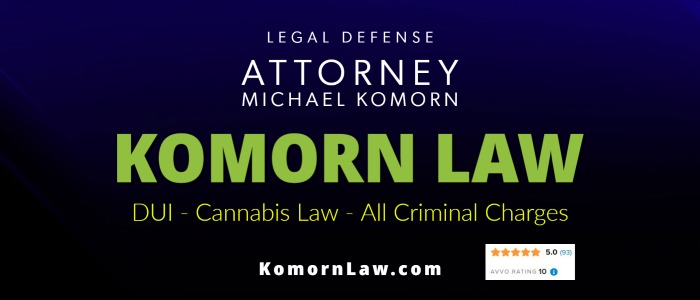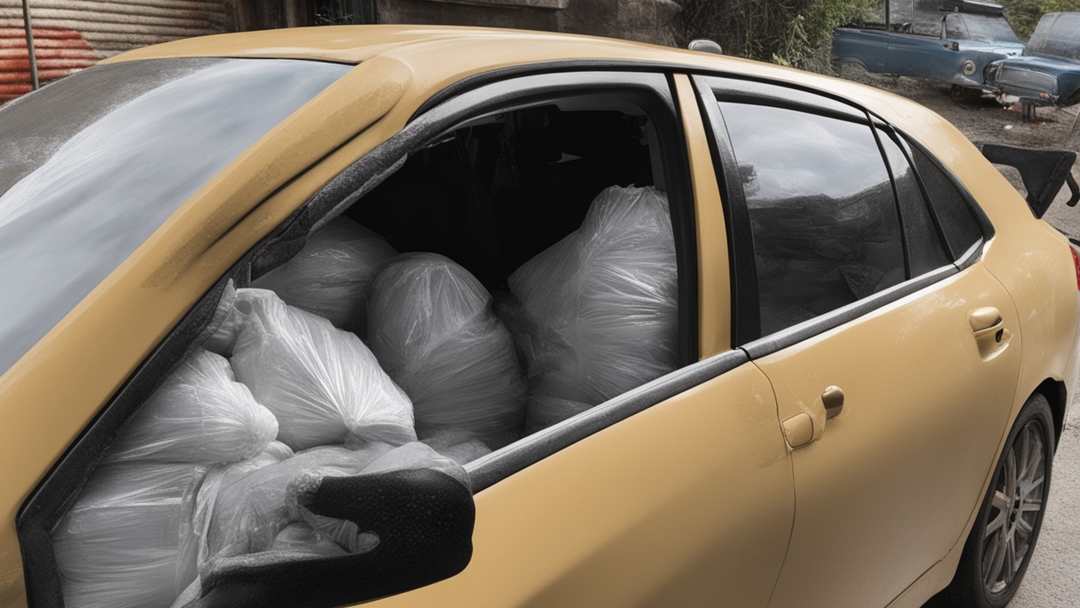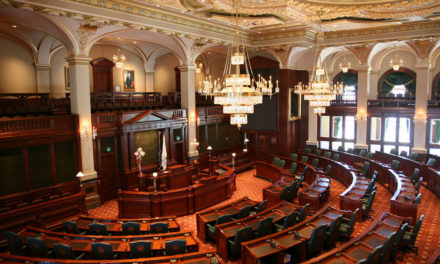SCOTUS ruling: No separate hearing needed for police car seizures in drug crime cases.
CULLEY ET AL. v. MARSHALL, ATTORNEY GENERAL
OF ALABAMA, ET AL.
CERTIORARI TO THE UNITED STATES COURT OF APPEALS FOR
THE ELEVENTH CIRCUIT
No. 22–585. Argued October 30, 2023—Decided May 9, 2024
Petitioner Halima Culley loaned her car to her son, who was later pulled over by Alabama police officers and arrested for possession of marijuana.
Petitioner Lena Sutton loaned her car to a friend, who was stopped by Alabama police and arrested for trafficking methamphetamine.
In both cases, petitioners’ cars were seized under an Alabama civil forfeiture law that permitted seizure of a car “incident to an arrest” so long as the State then “promptly” initiated a forfeiture case. Ala. Code §20–2–93(b)(1), (c). The State of Alabama filed forfeiture complaints against Culley’s and Sutton’s cars just 10 and 13 days, respectively, after their seizure. While their forfeiture proceedings were pending, Culley and Sutton each filed purported class-action complaints in federal court seeking money damages under 42 U. S. C. §1983, claiming that state officials violated their due process rights by retaining their cars during the forfeiture process without holding preliminary hearings. In a consolidated appeal, the Eleventh Circuit affirmed the dismissal of petitioners’ claims, holding that a timely forfeiture hearing affords claimants due process and that no separate preliminary hearing is constitutionally required
More Posts
US Cannabis Sales About $30 Billion in 2024
Got a Tough Legal Defense Case?Better Call KomornAccording to VangstThe industry’s definitive...
DOGE Cancels University’s Contract To Monitor Marijuana Potency
Got a Tough Legal Defense Case?Better Call KomornRead it to yourself it out loud....Trump has...
President Replaces Prosecutor Who Threatened Medical Marijuana Dispensary
What just happened?Read it to yourself it out loud....Trump has appointed a new prosecutor to...
European Company Is Flooding America With Cannabis Seeds
So many seeds, so little time.As U.S. cannabis companies compete for dispensary licenses, banking...
Mississippi brawl over advertising marijuana in the Supreme Court
US Supreme Court rejects challenge to Mississippi’s marijuana advertising banUnlike some people...
White House Drug Czar Could Endorse Marijuana Legalization
White House Drug Czar Could Endorse Marijuana Legalization Under New Bill To Repeal...

















